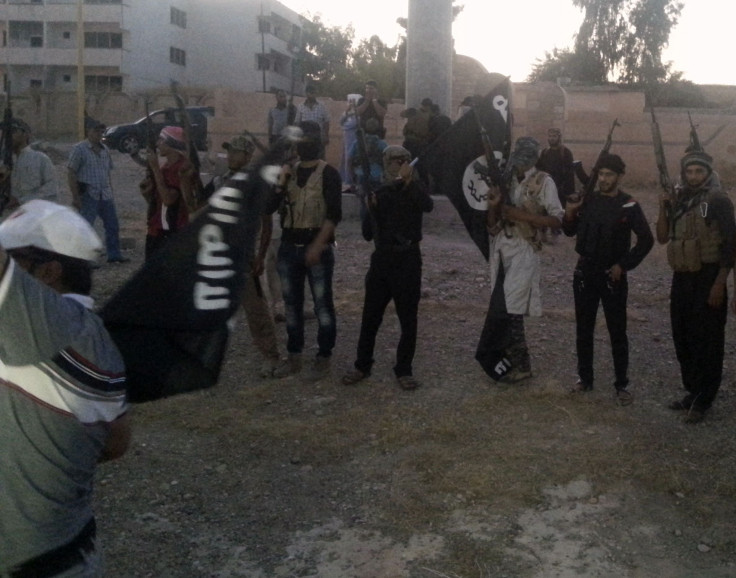ISIS Crucifies Eight Rival Rebels For Being Too 'Moderate,' Will Display Bodies For Three Days In Syrian Town Square

The Islamic State in Iraq and Syria (ISIS) reportedly killed and crucified eight men in a town near Aleppo, Syria.
The independent monitoring group the Syrian Observatory for Human Rights said the men were executed for being too moderate as members of a rival rebel group. They were crucified on Saturday and will be on display for three days in the town square in Deir Hafer.
It is not clear whether or not they were killed prior to the crucifixion. A ninth man in Al-Bab was nailed alive to a cross for eight hours for giving “false testimony.” He survived.
ISIS has used crucifixions as punishment for a number of crimes in the past. It executed one of its own members for “extorting money at checkpoints by accusing drivers of apostasy.” Apostasy is the term for leaving or renouncing one’s faith, particularly Islam. It has also used lashings and forced amputations to punish transgressions under Shariah.
ISIS has been battling with other rebel groups in Syria since January. The radical Islamic group largely has turned its attention away from fighting to overthrow Syrian President Bashar Assad to establishing full control over regions of Syria and Iraq to create an Islamic caliphate. It declared the caliphate Sunday.
Iraqi military forces launched a major counter-offensive campaign to recapture Tikrit, a city 86 miles (140 kilometers) north of Baghdad. Government forces say they’ve recaptured the city but ISIS says it still is in control of the Sunni-majority city of 250,000. A resident told CNN there "are no Iraqi troops,” in her neighborhood, just ISIS militants.
© Copyright IBTimes 2024. All rights reserved.






















